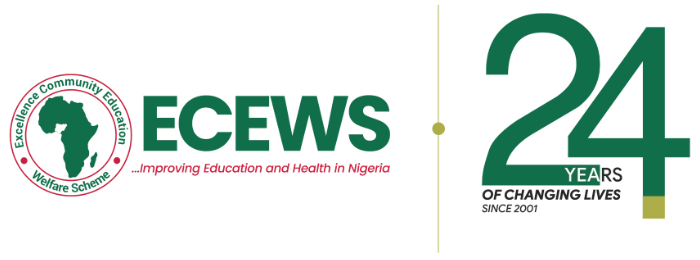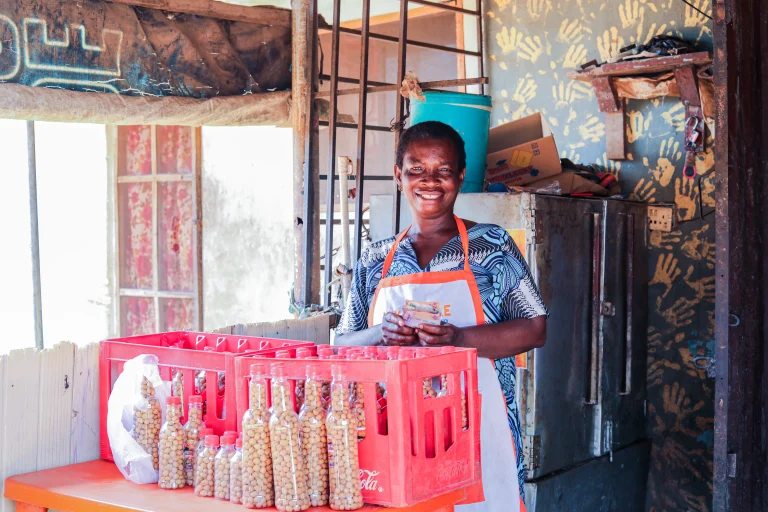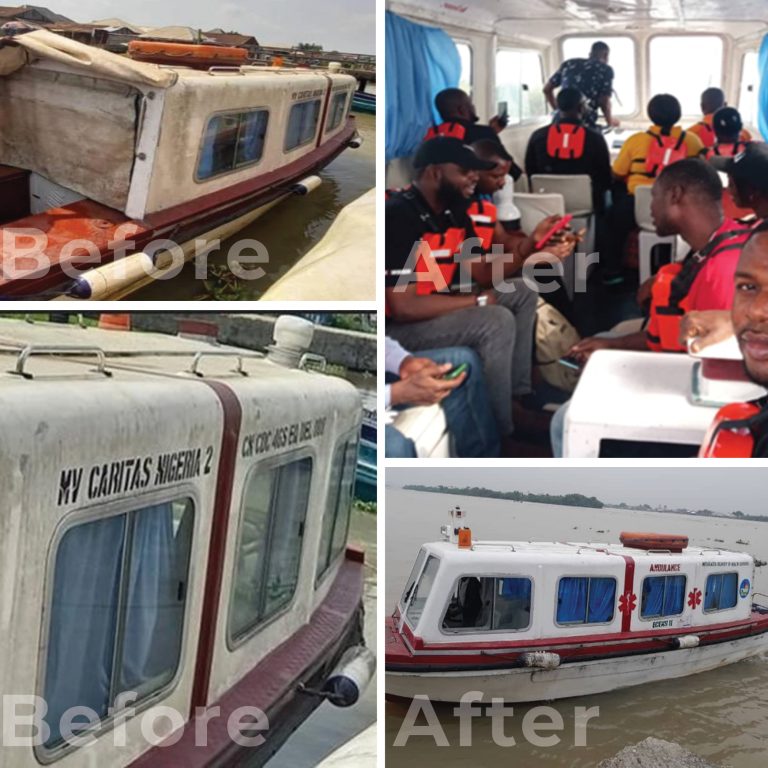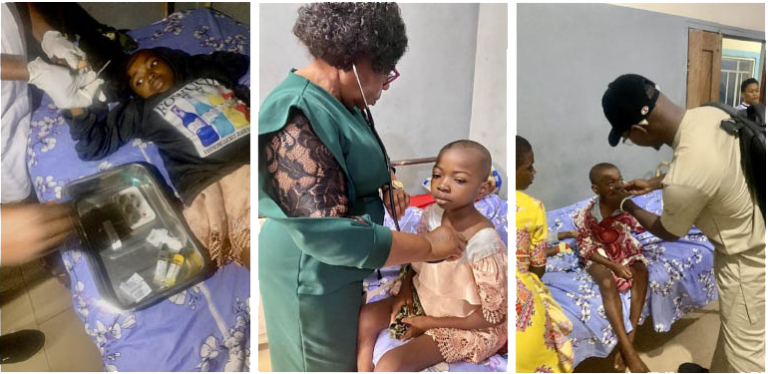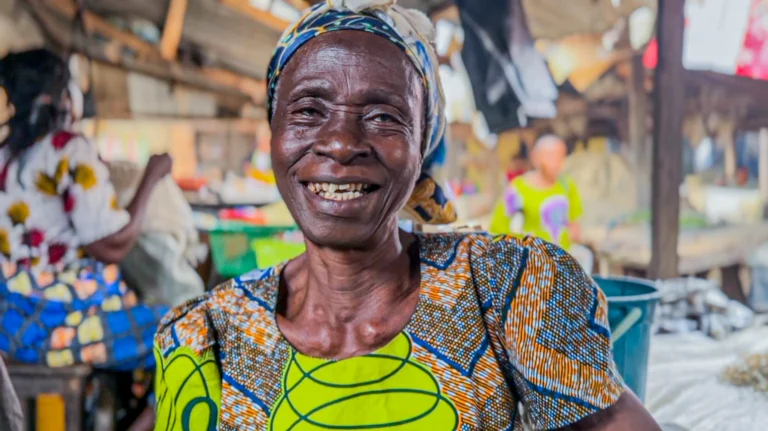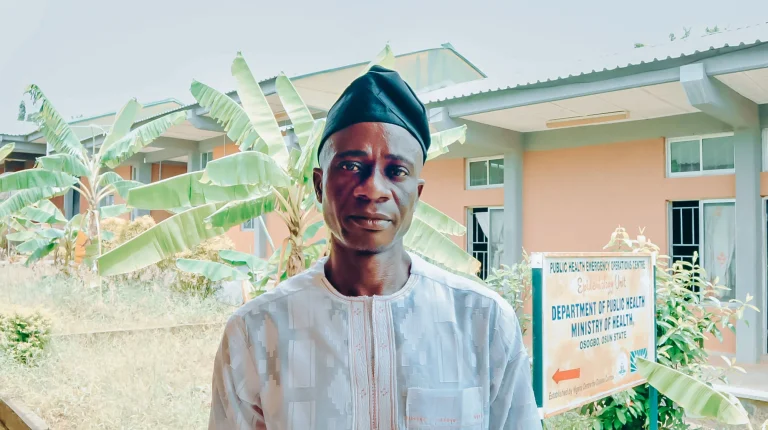Poverty can create a breeding ground for gender-based violence, especially among vulnerable communities. In Nigeria, the recent economic hardship has pushed many families into poverty, leading to the unintended neglect of minors by struggling caregivers. Three-year-old Justina (real name withheld) was a victim of this situation. While her mother, was out working to provide for their family, Justina was sexually assaulted by a stranger.
Justina’s Mum had stepped out for a few minutes to purchase supplies for the house and returned to find her child missing. Panic-stricken, she began searching for her daughter.
“I knew something was wrong as soon as I entered the house,” Justina’s Mum later recalled. “My child is always happy to welcome me. But there was only silence.”
Her search led her to the compound’s public toilet, where she witnessed a horrifying scene; a stranger was coming out from the toilet, zipping up his trousers, carrying her three-year-old daughter, Justina. The child was visibly distressed, and Justina’s Mum could see blood on her clothes. She confronted the stranger, and the man fled, leaving Justina in her arms. She rushed the child to the hospital, one of the facilities in Osun State supported by the Centre for Disease Control (CDC) funded Sustainable Programs for HIV Epidemic Control and Equitable Service Delivery (SPEED) Project implemented by ECEWS.
At the hospital, Justina was examined and confirmed to have been sexually assaulted. First-line support was provided, she was treated for injury, tested for HIV, and received other clinical services. She was also referred to a clinical psychologist for psychosocial therapy.

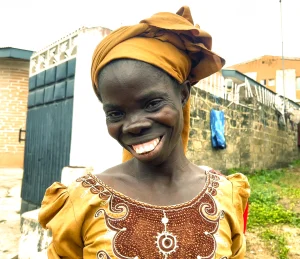
To further support Justina and the household, they were enrolled in the Orphan and Vulnerable Children (OVC) program of the ECEWS CDC SPEED project in Osun state. The household was assessed using the Household Vulnerability Assessment tool and identified as struggling to make ends meet. Other needs of the household were identified including parenting skills. She was profiled and provided with a grinding machine for income-generating activity based on her available entrepreneurial skills and received financial literacy training. She was also equipped with parenting skills through caregivers’ fora. All of these were geared toward violence prevention and response.
With the utilization of the grinding machine, Justina’s Mum has improved her family’s financial situation over the past year. The basic needs of her household are met, and Justina was enrolled in a nearby school. This has allowed Justina to interact with other children and develop essential social skills. She has become more confident and outgoing, and her trauma-related symptoms have significantly improved.
“I am incredibly grateful for the help that ECEWS has given us,” Justina’s Mum said. “The grinding machine has saved me more money, ensuring Justina’s well-being and providing for our family.”
With the intervention of ECEWS through the SPEED Project, Justina is faring well, Justina’s Mum has been able to overcome adversity, provide a safe and nurturing environment for her children, and build a brighter future for her family. This demonstrates the importance of a comprehensive, survivor-centered support approach in Gender-Based Violence (GBV) response as Justina and the mother have risen above their pains!
